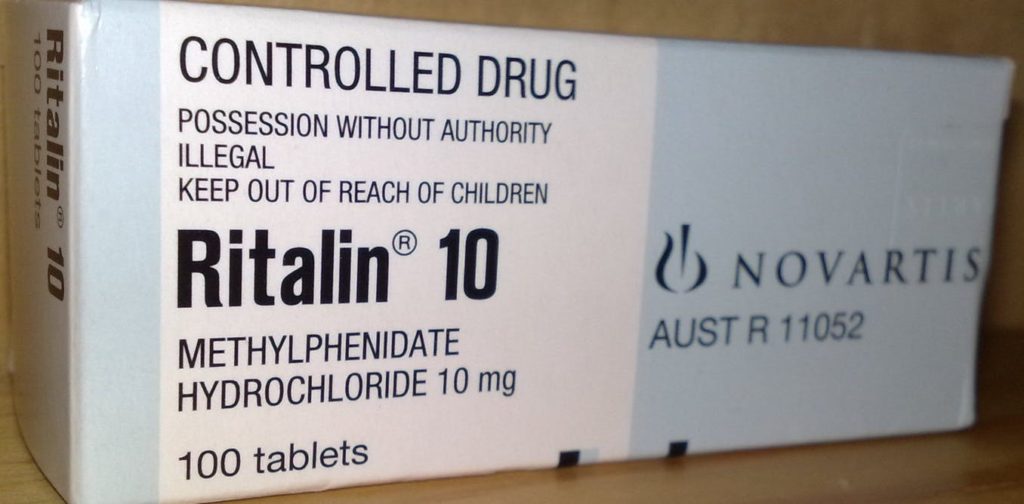Every week for the past two months, as part of my work I have been attending a weekly learning hub hosted by the Children’s Hospital of Eastern Ontario. The focus has been on an array of various mental health conditions that pediatricians and other care providers are seeing in practice. One consistent theme that I have observed in the case presentations is the presentation of symptoms that are synonymous with ADHD and subsequent medication with stimulants such as Ritalin etc.
While not to downplay the rise in ADHD and related symptoms over the past couple of years that has been so responsive to medication therapy, we would be amiss to discredit the possibility that as providers we could be over medicating without peeling back the layers. Enter Electronic Screen syndrome. I am currently knee deep in Victoria Dunkley’s book – Reset your child’s brain. Dr. Dunkley has been the pioneer in her work with Electronic Syndrome. In her book she defines it as a constellation of symptoms from exposure to electronic media characterized by a state of hyper-arousal (fight-or-flight) and mood dysregulation. Mood symptoms are nearly almost always present in ESS. They can take the form of irritability, depression, mood swings an inability to calm down, tantrums and even aggression. There are various reasons for ESS but one is feeding our brains reward pathway. There is a sudden rise and drop in dopamine that occurs after pleasurable activity such as video gaming, stimulating cartoons and shows etc. In essence the kids are left in a state of hyper-arousal after the offending mechanism is taken away. As it slowly wears off, now the kids are having to “live in the real world.” That is often boring, slow and not as engaging.
The thing with ADHD meds is that they are stimulating in nature. Meaning they stimulate the central nervous system – to increase focus, attention etc. This they do by increasing the amount of circulating dopamine. So if the child may have ESS and not ADHD this could just be adding to the over stimulating effect of electronics and devices. The onus is left on both on parents and providers. I remember in NP school while trying to tease apart a patients diagnosis, the instructor would often say “look for the obvious diagnosis.” Do not go chasing Stevens-Johnson syndrome, Tourette’s or some other foreign condition and yet the answer is right in front of you. Before over medicating and misdiagnosing how about we try and take away the offending culprit, give the brain time to reset, readjust and then take it from there.

